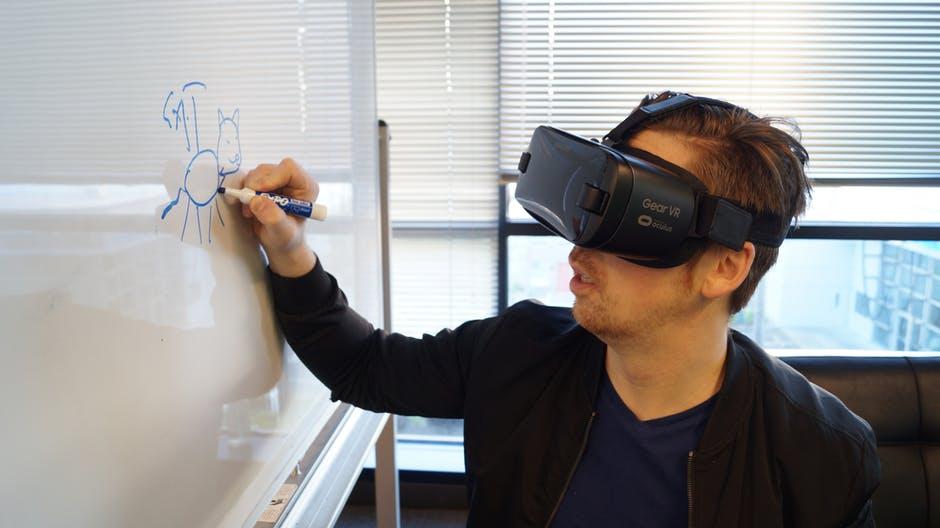What Will the Hiring Process of the Future Look Like? Will Resumes Survive?

Today, the power of data, social media, plus the implementation of new ways of evaluating candidates is changing the way hiring departments operate. These innovations and practices contribute towards facilitating hiring decisions and onboarding the right candidates.
Will the resume last the social media explosion?
The resume has always been the initial stage of evaluating a candidate’s fit. However, hiring professionals now question whether the resume has run its course. Stephanie Vozza says that with the change in employment culture, resumes are not as important as they once were. In the resume’s hay day, impressive degrees and standout titles got the hiring manager’s attention. Today, employers’ focus is shifting towards candidates with demonstrable results and those (candidates) that make an impact in previous roles.
If you are looking to hire new employees or to find an ideal fit for a position, LinkedIn is the place to be. Research shows that there are currently 550 million-plus LinkedIn users. Studies also show that with 97% of recruiters are using LinkedIn to vet candidates. In 2019, the variety of similar social media platforms and tools available to recruiters and candidates is also on the rise.
The use of social media is not the only revolutionary tool used by recruiters; smart phones are, too. A growing number of recruiters are communicating via text with candidates to book interview times and dates.
Current studies also show that 94% of smartphone owners use their phone to explore new job opportunities. If you are an employer, allowing candidates to apply on the same device that is engaging them with your firm makes perfect sense.
Will the interview live forever?
 The interview has become synonymous with the employment process since the roaring 1920s. The resume was born in 1921 when Thomas Edison wanted to cut down on the ton of job applications on his desk, screening out unsuitable candidates, (we recruiters and hiring managers can relate).
The interview has become synonymous with the employment process since the roaring 1920s. The resume was born in 1921 when Thomas Edison wanted to cut down on the ton of job applications on his desk, screening out unsuitable candidates, (we recruiters and hiring managers can relate).
Since Edison’s time, the interview has proven to be a staple in the hiring process. However, today’s’ researchers and social psychologists question if the interview is, in fact, the most objective way to evaluate candidates’ fit for the job.
Social Psychologist, Ron Friedman, questions if hiring managers’ hidden biases play a part in evaluating suitable candidates. Psychologists say that subconscious cues obscure employers’ objective judgement.
Ron Freidman highlights examples of this subconscious bias below:
Hiring managers may see height as an indicator of leadership acumen. Current Research shows that there is a strong relationship between salary and height.
Employers may tend to view candidates with a lower pitched voice as possessing more integrity and trustworthiness.
Is there a replacement to the long-established interview and how does it work?
Social Psychologist, Ron Freidman, suggests that job auditions are a far more objective measure of candidates’ abilities than interviews.
Two examples of a job audition
- Freidman advises hiring managers seeking results-driven professional sales employees to ask candidates to sell one of the firm’s products or services.
- Another example is when seeking a civil or industrial engineer invite candidates to a team meeting. Then, ask them to come up with creative solutions to an engineering problem.
 The use of Augmented Reality (AR) and Virtual Reality (VR) in the hiring process
The use of Augmented Reality (AR) and Virtual Reality (VR) in the hiring process
The latest innovations in Augmented Reality and Virtual Reality are now an increasingly important tool used by high profile firms across a host of industries. Jason Compton, writing for Forbes.com, says that firms use these technologies to connect with the younger generation of candidates. The digital environment is more familiar to the younger generation, and it is where they find the most freedom expressing themselves.
Using VR, employers tell prospective candidates to complete a task or exercise within a digital office environment. This setting gives employers a better idea both how candidates perform under stress and how they interact within a team. At the same time, this digital representation gives applicants a tangible feel of a firm’s office environment.
Among the top firms using this technology is Lloyds Banking Group. To evaluate final stage interviewees, Lloyds challenges applicants to solve problems in an Augmented Reality simulation. In this AR setting, candidates can touch and transfer objects to find creative solutions to skill assessments.
Companies at career and recruitment tradeshows also use virtual reality simulations. Jaguar used skilled-based interactive activities to access potential candidates’ fit for software engineering roles. Using a mixed reality app, candidates learned about the features of electric vehicles and played games evaluating their problem-solving abilities. Jaguar advanced the best performing candidates through their recruitment process.
 The future of the hiring process
The future of the hiring process
Firms from different industries recognize that the key to driving business success is keeping up to date with the latest tools and practices. Psychologists suggest new improved ways to help to evaluate a candidate’s skill set in the place of traditional job interviews. The role of artificial intelligence and VR simulations is growing and becoming more influential in the employment process. Today there is a greater need for business leaders to keep current with trends and not lose sight of their competition.
